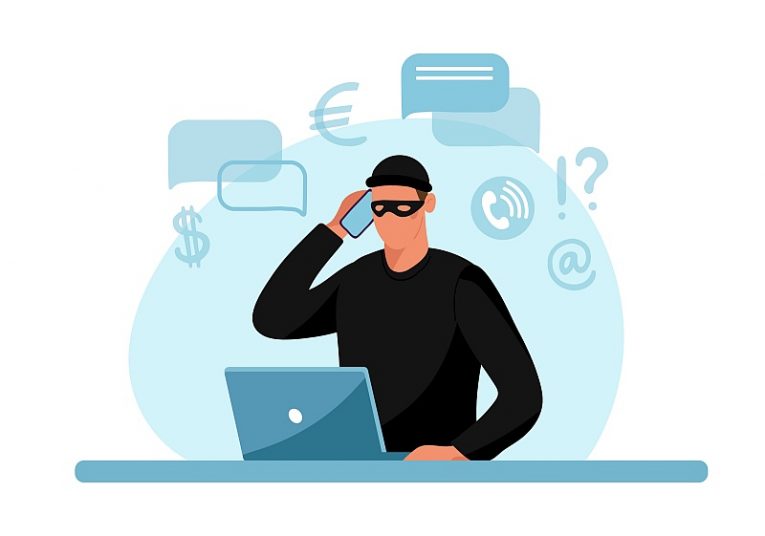"American Express - Unusual Spending Activities Detected" Email Scam

Upon examination of the email, it is clear that it is a phishing attempt posing as a notification from American Express concerning potentially suspicious account activities. The individuals behind this phishing scheme aim to trick recipients into opening the provided link and disclosing personal information on a fraudulent webpage.
The phishing email falsely presents itself as a notification from American Express regarding unusual spending activities. It alleges that the recipient has exceeded their card usage in the preceding month of December, leading to the card being flagged for review.
To ostensibly enhance account security, the recipient is encouraged to click on a given link to undergo a one-time verification process for identity and account ownership. The email falsely asserts its origin from The American Express Fraud Protection Team, apologizing for any inconvenience caused, all with the intention of deceiving the recipient into providing personal information on a deceptive website.
Typically, scammers orchestrating such emails seek sensitive information like credit card details, login credentials (such as email addresses, usernames, and passwords), social security numbers, or other personal data.
This gathered information can be exploited for malicious purposes, including unauthorized transactions, identity theft, and various fraudulent activities. To safeguard personal and financial security, recipients must avoid clicking on suspicious links in emails of this nature, and refrain from entering information on questionable webpages.
What Are the Top Five Signs of a Scam Email?
Recognizing scam emails is crucial for protecting yourself from various online threats. Here are the top five signs of a scam email:
Unsolicited Emails:
Scam emails often come out of the blue and are not expected. Be cautious of emails from unknown senders, especially those claiming you've won a prize, inherited money, or received an unexpected package.
Generic Greetings and Poor Grammar:
Scam emails frequently use generic greetings like "Dear Customer" instead of addressing you by name. Additionally, they may contain poor grammar, spelling errors, or awkward language. Legitimate organizations usually maintain a professional and well-written communication style.
Urgent Calls to Action:
Scam emails often create a sense of urgency or panic, urging you to act quickly without thinking. They may claim your account is in jeopardy, your payment is overdue, or you need to verify personal information urgently. Be skeptical of emails pressuring you to click on links or provide sensitive information promptly.
Suspicious Links and Attachments:
Check links before clicking by hovering over them to see the actual URL. Scam emails often include links that redirect to malicious websites. Avoid downloading attachments from unknown sources, as they may contain malware. Legitimate organizations usually don't ask you to download files or provide sensitive information via email.
Email Address and Domain Mismatch:
Verify the sender's email address. Scammers may use email addresses that resemble legitimate ones but have slight misspellings or alterations. Check the domain of the email address to ensure it matches the official domain of the supposed sender. Legitimate organizations typically use their official domain for communication.
Remember, if an email looks suspicious, it's safer to double-check its authenticity through other means, such as contacting the organization directly using contact information from their official website or by verifying the information independently. Exercise caution, trust your instincts, and avoid sharing personal or financial information in response to unsolicited or suspicious emails.








